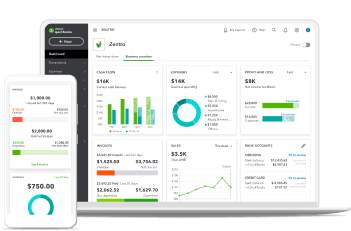The Inland Revenue Board of Malaysia (IRBM) now requires all businesses earning over RM 100 million to generate and send an e-invoice for their B2B, B2G, and B2C transactions.
From August 1st, 2024, this will start to be implemented for Malaysian businesses in a staged approach. If you’re running a small business, you will be expected to comply with the IRBM's new e-invoicing Malaysia requirements. While this might seem stressful, it’s easy once you understand how the new electronic invoice system works.
Malaysia has joined 60+ countries in digitalising tax compliance. Countries like the Philippines, North Korea, and Italy have already seen major benefits from their e-invoicing policies, including fewer instances of tax fraud.
Keep reading for a comprehensive guide to the new e-invoicing policies in Malaysia and advice on meeting your new obligations in 2025.



